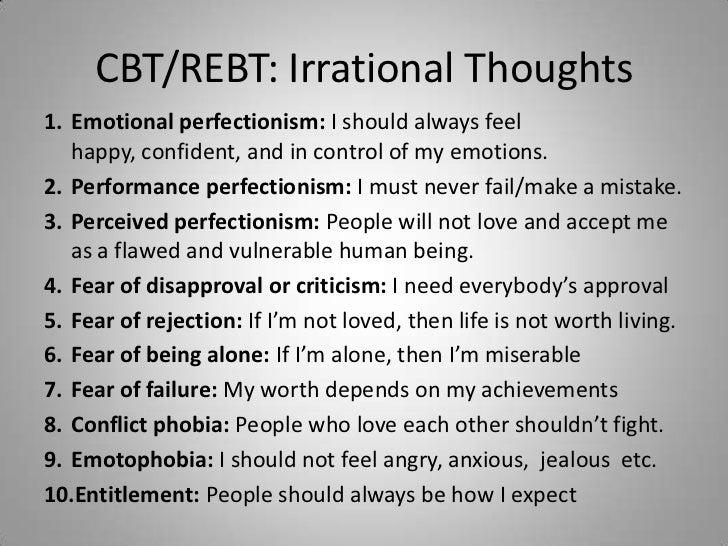

The role of perfectionism in obsessive-compulsive symptoms: “Not just right” experiences and checking compulsions. Comparison of perfectionism dimensions in adolescents with anorexia nervosa or obsessive-compulsive disorder. Understanding the role of dimensions of perfectionism on anxiety sensitivity, .gov/fulltext/EJ1106267.pdf Perfectionism and eating disorders: Current status and future directions. The value of perfectionism in predicting coping strategies in drug-user women. Positive and negative perfectionism and their relationship with anxiety and depression in Iranian school students. Other helpful coping techniques include seeking outside help, practicing mindfulness, and stepping away from the task that makes you anxious or feel less-than-perfect. “Intentionally practicing being imperfect in low stakes ways can help your nervous system get used to doing something imperfectly, feeling somewhat destabilized, and then realizing that experiencing that it was okay.” For instance, painting or playing a sport without aiming to be good. Peck suggests engaging in activities that aren’t goal-oriented.

Remember that feelings are not facts, and you can still take brave, meaningful, imperfect action even when it’s hard.” “Take deep, meaningful breaths, and remember that this pang of shame and panic will fade.

“When the big anxiety about lacking perfection comes up, I ask my clients to ground themselves in their body,” explains Richardson. For perfectionists, that means allowing yourself to be an imperfect human and knowing that you’re worthy regardless of how perfectly you show up in the world.” “Self-compassion entails being as kind and accepting of ourselves as we would be to a friend. “Self-compassion is a powerful antidote to perfectionism,” says Phillips. Each strategy will work differently for everyone, so give yourself grace in finding which one works for you. There are various ways to manage and cope with perfectionistic thinking and anxiety. Other mental health conditions linked to perfectionism include: “The helplessness and doubling down in terms of efforts depletes our brain of its cognitive and emotional resources.” Given that perfectionists’ self-worth is often tied to performance, “they can experience extremely anxious thoughts when their performance doesn’t meet their high standards,” says Phillips.Īnxiety can further be exacerbated when you continuously don’t meet your expectations, according to Pauline Yeghnazar Peck, PhD, a psychologist in California. The study found that “concern over mistakes, personal standards, parental expectations, parental criticism, doubts about actions, and organization” were significantly correlated with anxiety sensitivity.Īnxiety can also exacerbate perfectionism - and the other way around. Yes, perfectionism can lead to anxiety - among other mental health conditions.Ī 2016 study involving 398 students explored six dimensions of perfectionism and anxiety sensitivity.

A pathological fear of rejection and perfectionism professional#
“Perfectionism involves a continuous pressure to meet extremely high standards to achieve self-worth despite the negative consequences that such relentless striving brings,” says Rebecca Phillips, a licensed professional counselor in Texas.


 0 kommentar(er)
0 kommentar(er)
